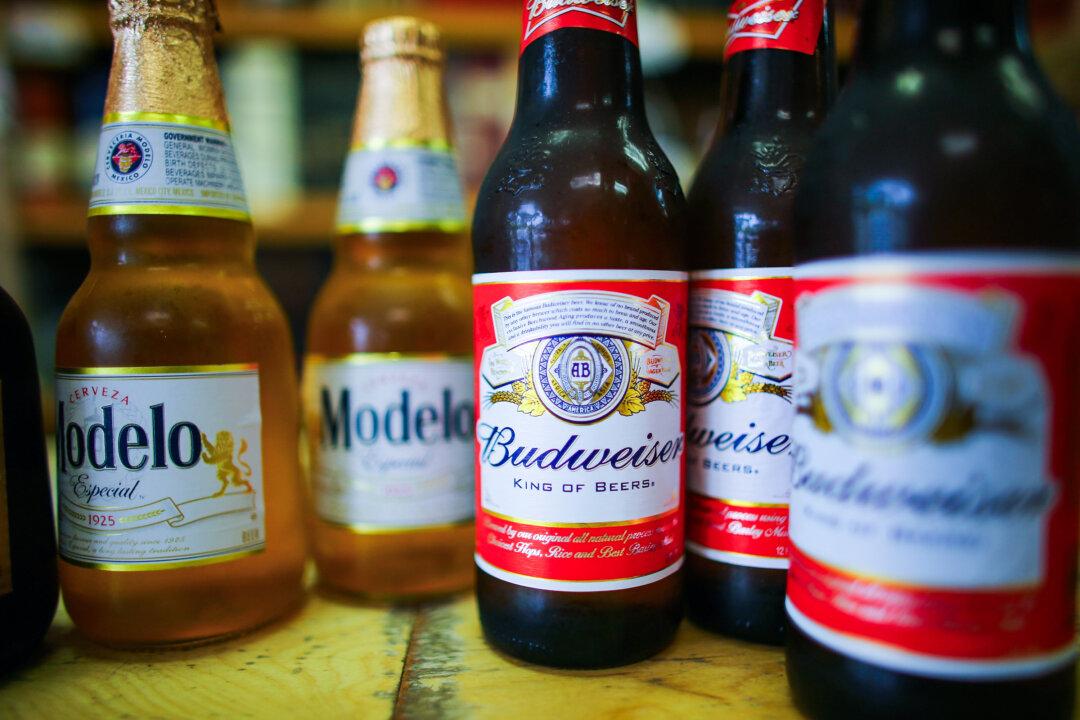Anheuser-Busch, the brewer of Budweiser and Bud Light, said it will stop amputating the tails of its iconic Budweiser Clydesdale horses, following a campaign from animal rights group PETA.
Docking, which is banned in some states and countries, traditionally involves cutting off the end of the tailbone of a horse to prevent the tail from interfering with harness and carriage equipment, according to the American Veterinary Medical Association.
The Clydesdale, a tall breed of horse originating from the River Clyde valley in Scotland, has long been used by Budweiser in its advertising, sometimes making appearances during Super Bowl commercials. PETA launched its campaign against docking just before the NFL championship game last February.
PETA declared victory in its pressure campaign against Anheuser-Busch and said video footage had shown Budweiser Clydesdales trying in vain to use the remnants of their tails to shoo away biting, disease-spreading insects. Other opponents of the practice say that it prevents the horse from preventing insects from biting them—such as mosquitoes.
“In just one day, a horse can lose a cup of blood to biting insects such as mosquitoes,” wrote David L. Hu, associate professor of mechanical engineering and biology at Georgia Institute of Technology, in a Scientific American article published in 2018. “Not only do the mosquitoes take blood, but they also give disease. Malaria, Zika virus, dengue fever are just a few of them. Keeping even a fraction of the mosquitoes away could have a big impact on a horse’s health.”
And Kate Hepworth-Warren, assistant professor of veterinary medicine at North Carolina State University, wrote that “docking may be done either surgically or by ligature—placing rubber rings or other binders around the end of the tail to cause tissue to die,” according to an article she wrote for Equis. The practice is illegal in 11 states and in a number of European countries, she noted.





